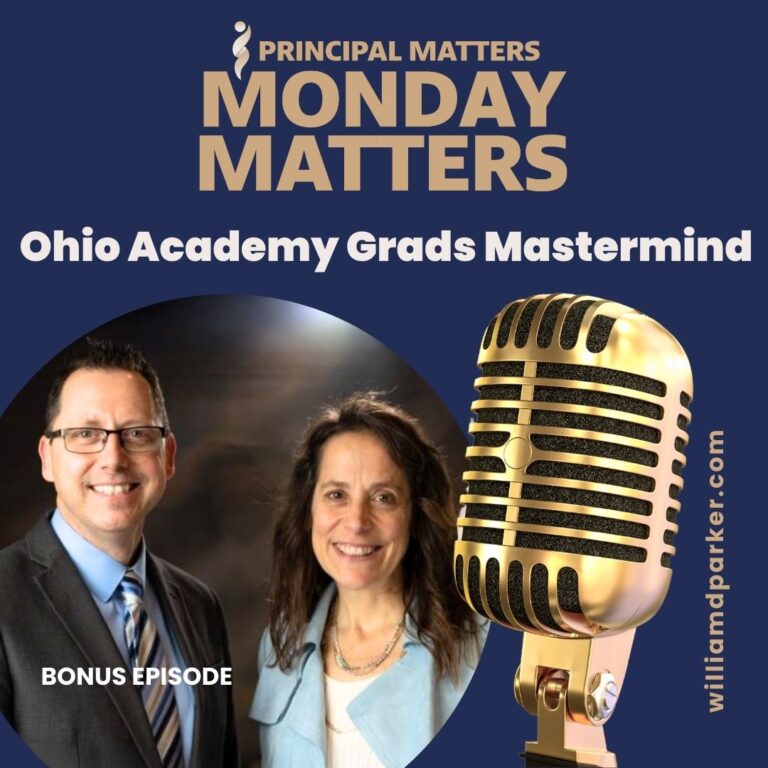Podcast: Play in new window | Download
Several years ago, Oklahoma received one of the worst blizzards I had ever seen in a state that sometimes has no snow fall during winter.

As our community was plunged into a blanket of white with drifts of 3-4 feet deep, roads were impassable, and schools were closed. With days of wintery weather, I finally had the excuse I needed to sit and read. That Christmas I had received a copy of Unbroken: A World War II Story of Survival, Resilience, and Redemption by Laura Hillenbrand.
As I took breaks from shoveling sidewalks and building snow fortresses with my children, I was riveted by the story of a man whose life story was inspiring. And Laura Hillenbrand’s seven years of research and writing produced a book I couldn’t put down. Unbroken has since been made into a movie. And recently, I discovered the audio-version published as an abridged version for adolescents.
This past week, as my 13-year old son and I were heading out on a long road trip over fall break to visit family in Tennessee, we listened to the entire story together. The narrative was just as inspiring and moving the second time. As I thought about the lessons throughout the story, I wanted to share a few takeaways that may apply to your leadership and life:
5 Lessons from a Life of Resilience
1. The suffering of others keeps your own experiences in perspective.
Louis (Louie) Zamperini’s story is multi-faceted. He was a troubled kid whose ability to run track in high school saved him. In 1936, that same passion propelled him at age 19 to Olympic fame. His dedication to running also provided him with a college scholarship. With the beginning of World War II and the cancelation of the 1940 Olympics, he was motivated to volunteer where he served as an officer and a B-27 bombardier in the Pacific islands.
After surviving unbelievable combat conditions, the story turns to tragedy when Louie’s plane is downed on rescue mission. He survives in a rubber raft in the open ocean for 47 days where he suffers starvation, mental anguish, and loss of comrades. Just when you think his suffering as reached its climax, he is captured by the enemy. And the next 18 months of imprisonment, deprivation and beatings only increase his agony.
His story of deep suffering brings startling perspective. No matter what kind of challenges you are facing, you may be able to see that from another perspective, your daily struggles may be trivial in comparison. It doesn’t mean your struggles are not important, but it does help to remember that sometimes we stress about temporary or trivial matters in light of the true struggles others may be experiencing.
2. Human dignity is one of your most valuable possessions
As strong as Louie was in his suffering, the most brutal price he paid was the threat to his own personal dignity. Although he maintained an inner defiance and commitment to live, he was treated inhumanely by his captors. Frequent beatings, lack of adequate food, and forced slavery brought about incredible mental anguish.
His suffering was helped by the quiet, supportive, and often defiant ways he and other prisoners were able to help one another, and he understood that starvation and physical suffering were often more bearable in comparison to the humiliation he suffered.
Louie had also been bullied as a boy. In the process, he had learned to defend himself and fight back. But mistreatment in captivity meant he could not fight back without facing death. The indignities he experienced at the hands of one prisoner guard in particular haunted him for years after his release.
As you think about those around you today, you may have no idea of some of the stories your students carry with them inside and outside of school. It may be difficult to understand the realities faced by victims of cruelty. As a leader, you have the responsibility and charge to preserve and protect the dignity of others. Stories like Louie’s are good reminders of the shared mission you have of creating a learning environments that ensures safety, belonging, and respect.
3. The hand of Providence is a reminder you are never alone.
Even in his most profound moments of despair, Louie found ways to see the hand of God in the series of events surrounding him. He found glimpses of beauty, compassion, and relief in inexplicable moments: unexpected rains when he was at sea without water, and even the comfort of overwhelming beauty in nature while lost at sea. More than once he was comforted by heard voices of singing he believed must have been angels.
He also found comfort in sharing with fellow-captives. As he looked back at his life later, Louis was able to see moments of grace even amidst the brutal suffering he experienced. Although he struggled with years of post-traumatic stress syndrome, this deeper perspective ultimately allowed him to find peace and express forgiveness toward his captors.
No matter how much self-control you may have in the actions influencing your life or leadership, in reality, you are not always in control. The realization of God’s providence in your life leads to a profound gratitude. And that state-of-mind provides meaning and life of service to others.
4. Recovery from human suffering requires God-sized solutions and responses.
Louie’s tragic story did not end when he is freed from captivity. The emotional recovery from war and imprisonment took years. At first, he turned to alcohol, and his addiction almost destroyed his family and newfound freedom. An encounter with God through a Billy Graham crusade caused Louie to come face-to-face with his own need for grace and forgiveness. And this newfound hope propelled him into a life of reconciliation and service to others.
Living into his 90’s, the second half of his life allowed him to share his story with thousands of others. His indomitable spirit and unwillingness to break helped him survive war, but his acceptance of God’s intervention in his life provided him with strength far beyond his own.
As you look at your service to others, you will inevitably face obstacles far greater than your own ability to solve alone. Don’t forget the power of God provides in surrounding you with grace and relationships to guide you through even the most difficult moments.
5. A life of giving provides others with hope, redemption, and a way forward.
For the decades following his recovery, Louis dedicated himself to rescuing, teaching, and mentoring young men. He found his life’s mission in building a camp for boys and bringing troubled youth there. He would share his own stories of growing up as a reckless youth, running in the Olympics, suffering as a prisoner of war, and finding the grace to forgive. For the rest of his life, Louis was committed to redeeming the lives of others.
You may have the blessing of living in relative peace, but your story has lessons of its own. And your story provides hope for others too.
Let’s Wrap This Up
As my son and I drove along the roads to Tennessee surrounded by the turning leaves of autumn, we paused the story of Unbroken and talked about the historical perspective of Louie’s life during World War II. My son surprised me by commenting on how impressed he was with Hillenbrand’s ability to catch even the smallest details in her descriptions.
Stories often shape your understanding of the world. And stories like Unbroken help you think about your own resolve and resilience. Your experiences also shape you. And the pain can either tempt you to despair or motivate you to view others with empathy and compassion.
Hopefully, you will never encounter suffering as deeply as someone like Louis Zampereni, but it is inevitable that you will experience trials and difficulties. As you do, remember how much you grace and redemption has influenced your ability to move forward. With that mindset, keep serving others, coming along them as they learn resilience, and providing them with hope as they face moments that try to break them.
Now It’s Your Turn
How have you developed resiliency in the face of hard times? How can you teach others from the lessons you’ve learned? Think about those in your care who may need encouragement today. What’s one way you can cultivate an environment that safeguards their dignity?
Sign-Up For Free Updates and Ebook
When you enter your email address below, you will automatically receive my newest posts and a free Ebook, 8 Hats: Essential Roles for School Leaders. Let’s keep learning together!
Subscribe for free weekly updates and receive free e-book!
(function($) {window.fnames = new Array(); window.ftypes = new Array();fnames[0]=’EMAIL’;ftypes[0]=’email’;fnames[1]=’FNAME’;ftypes[1]=’text’;fnames[2]=’LNAME’;ftypes[2]=’text’;}(jQuery));var $mcj = jQuery.noConflict(true);
Principal Matters–The Book!

School leaders are very busy, so each of the twenty-four chapters is designed as a quick-read and followed with take-action questions for follow-up or reflection. If you want practical ideas on understanding your purpose, managing school teams, dealing with challenges, and leading with courage, action, motivation, and teamwork, go HERE to pick up a copy for you or your team.
Messaging Matters

Harness the power of messaging to create a culture of acknowledgment, respect, and celebration. Written specially for leaders, this title is divided into three parts, helping readers to maximize their role as chief communicators with students, teachers, and parents and community. Each chapter includes suggestions for using digital tools to enhance messaging and ends with reflection questions and practical next steps.



